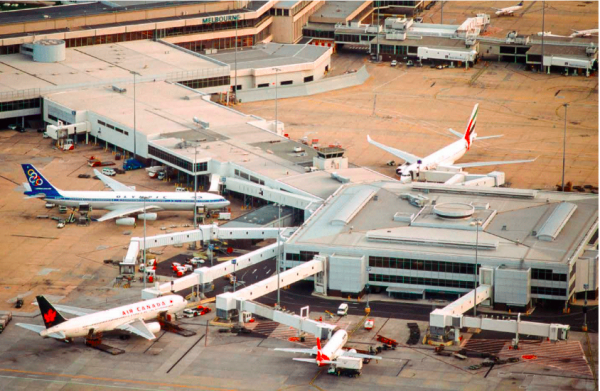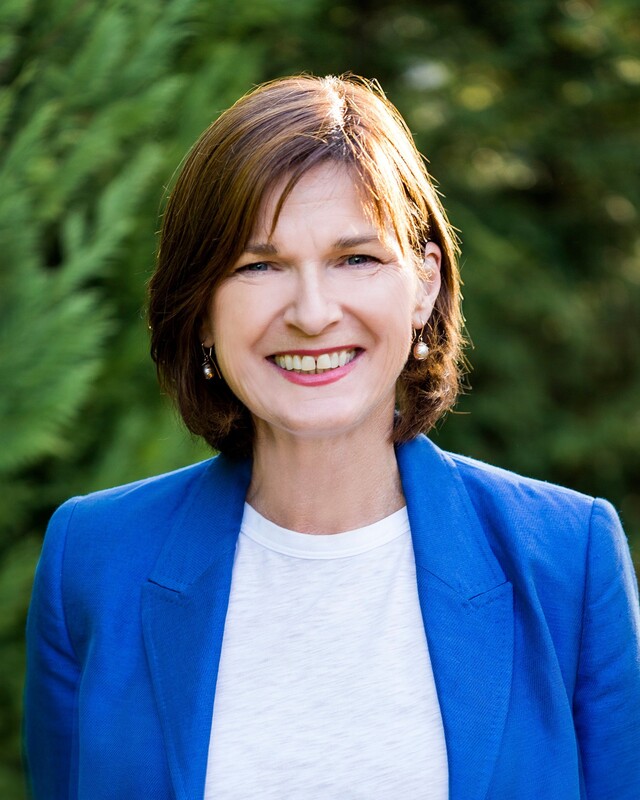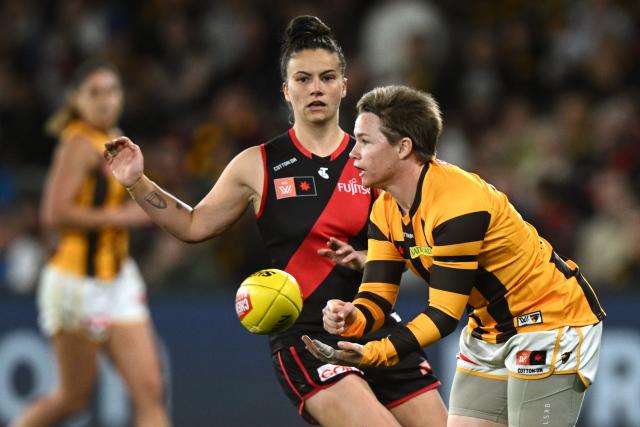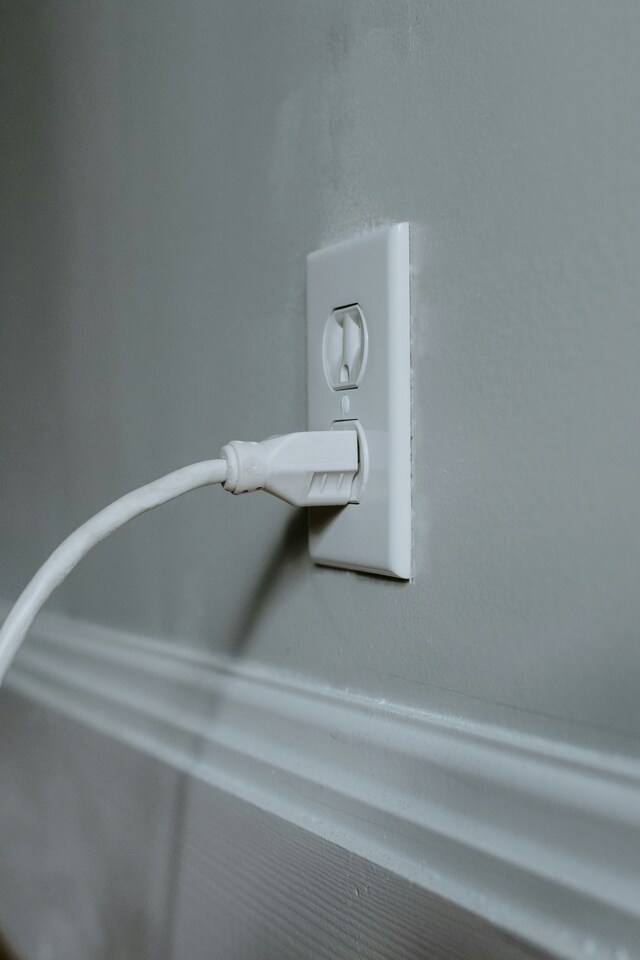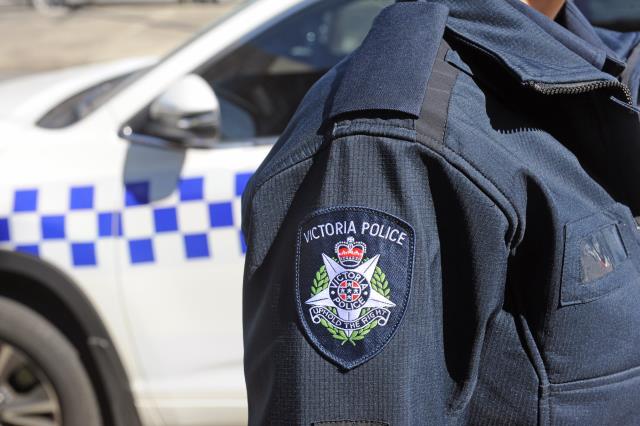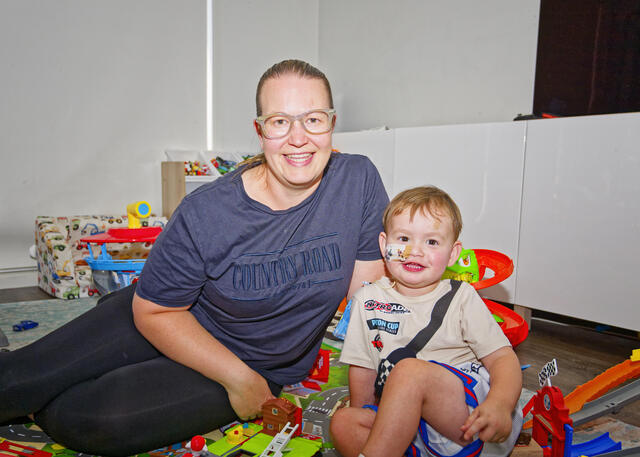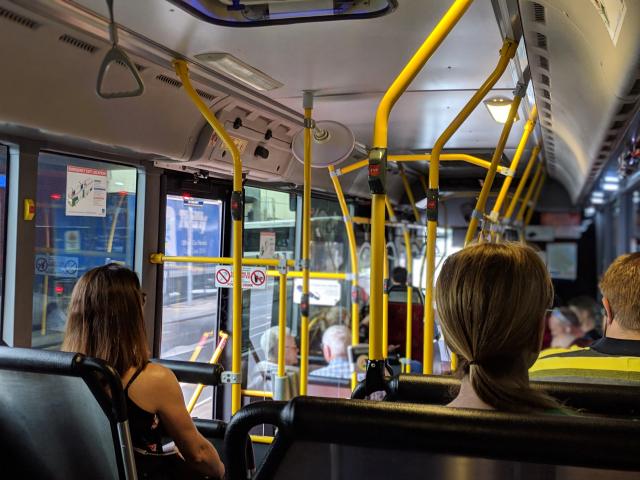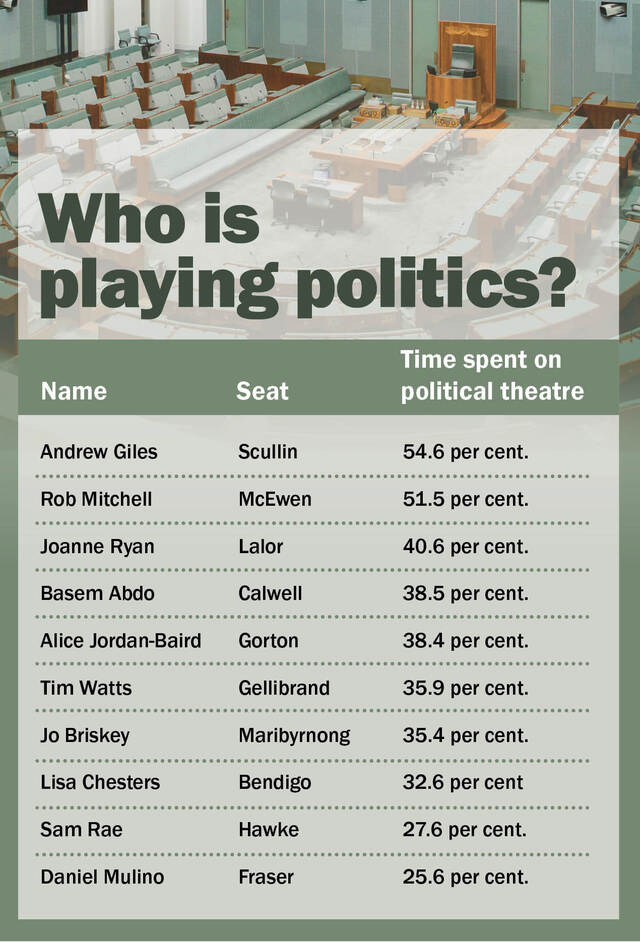Melbourne Airport has asked the state government to give it more power to intervene in developments which could impact aircraft operations or lead to noise complaints.
Airport operators Australia Pacific Airports (Melbourne) has made a submission to the state government’s Melbourne Airport Environs Safeguarding Committee, which was set up to advise the planning minister on improvements to the planning provisions safeguarding the airport.
In its submission, Melbourne Airport called for the government to designate it as a referral authority, meaning applicants would formally be required to consult with the airport on any developments in the surrounding area.
The submission stated that the airport is currently notified of planning permit applications as though it were a “third-party objector”.
“Unlike a determining or even recommending referral authority, its position on any application has no statutory significance beyond that of a third-party objector,” the submission stated.
The submission cited recent applications and approvals which had the potential to generate a large number of noise complaints or impact on aircraft operations, including housing developments in Phillip Street, Dallas, and Green Gully Road, Keilor, and a waste to energy facility proposed for Amaroo Road, Craigieburn.
It stated the airport receives about 20 noise complaints per month – a figure the airport says will rise in the coming years given the number of people now living in areas impacted by aircraft noise.
Operators fear that if they are not granted a greater say in nearby developments, the airport could face constraints on its operations, such as a curfew or a reduction in airspace.
“It is clear from both local and international experiences that, with increased density in populations around airports and underneath flight paths, the number and frequency of complaints regarding noise is likely to increase,” the submission states.
” Constraints such as restrictions on flight paths, aircraft volumes (even during daylight hours) and aircraft types are all potential risks to the flexibility that Melbourne Airport’s operations presently enjoy. The introduction of any such restrictions would have significant and far-reaching consequences for both Melbourne Airport, and its contribution to the state economy.”
Melbourne Airport chief financial officer Grant Devonport said that if approved, referral authority status would ensure the airport is consulted from the outset on developments subject to noise impacts, and those that have the potential to impact on aircraft operations.
“It will allow us to deliver strategic planning outcomes that benefit the community and the state, while continuing to protect the long-term growth of the airport,” he said.
A Hume council submission to the inquiry stated the council “remains committed to protecting Melbourne Airport’s 24-hour curfew free operation”.
It said meeting the needs of the general population growth of Melbourne, Hume and other aircraft noise-affected municipalities, has been a source of tension at the planning permit stage.
“How to strike an appropriate balance between facilitating community needs and expectations against protecting the operations of Melbourne Airport is a difficult question that needs to be given very careful consideration by the advisory committee,” the council’s submission states.

